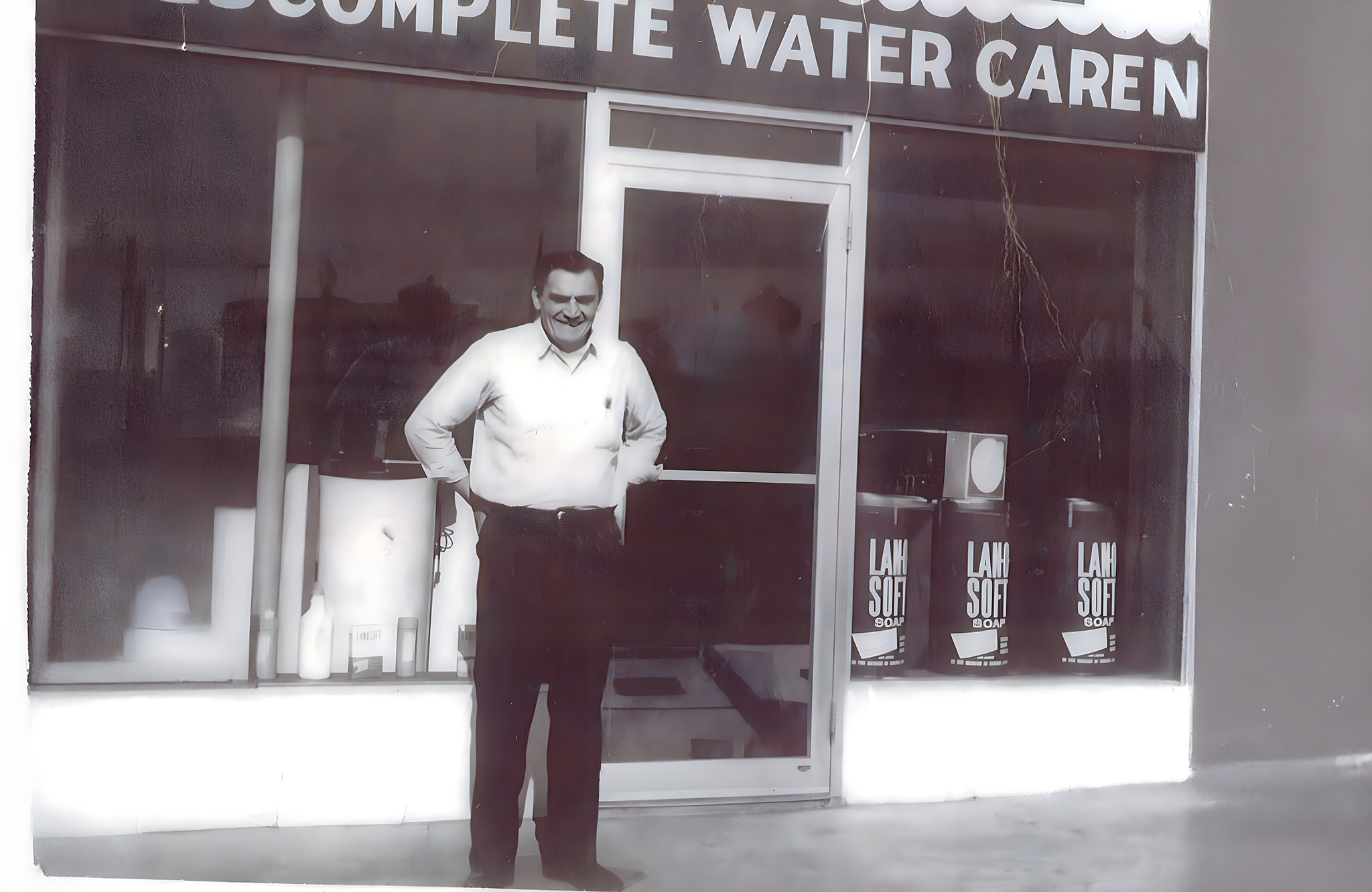
Remembering Wif Finken: A Legacy of Service and Community
January 26, 2026

Tap water from municipal water sources must pass strict drinking standards. The water in your home is treated in ways that prevent harmful levels of bacteria from entering your home...
May 21, 2020
Tap water from municipal sources must pass strict drinking standards. While it is treated to prevent harmful levels of bacteria from entering your home, it isn’t always the best option for every use. Here are three key applications where filtered water is the better choice.
Municipal tap water contains additives like fluoride, chlorine, or softening salt, which help keep it clean for human consumption but can be harmful to plants. Some plants, particularly tropical varieties, are sensitive to these chemicals. Using filtered water instead can promote healthier and more vibrant plant growth.
Chlorine, fluoride, and salts in tap water can be harmful to aquarium fish. Even though fish tanks have filtration systems, using unfiltered water can still introduce harmful elements. When setting up a new tank, it's recommended to let the water filter for at least 24 hours before adding fish.
For household pets like dogs and cats, the impact of tap water varies. While a healthy pet may not notice the difference, older or sick animals could be more sensitive to minerals in tap water, potentially leading to urinary issues. Additionally, if your home has a water softening system, the added sodium might not be ideal for pets on a low-sodium diet.
Tap water is generally safe for drinking and cooking, but its additives can alter the taste of food and beverages. This is particularly noticeable in drinks like coffee and tea or foods that absorb water, such as pasta or rice. Using filtered water can enhance the flavor of your meals and drinks.
In short: nothing. Your recipes will still be safe to eat, your plants will likely survive, and your pets may not even notice. However, switching to filtered water can improve the taste of your food, support the health of your pets, and help your plants thrive.
Chemicals, minerals, and other contaminants can impact the quality of your water. Finken can help you filter out the unwanted elements, giving you cleaner, better-tasting water. Contact us today to learn more about our water filtration solutions.

Resources
